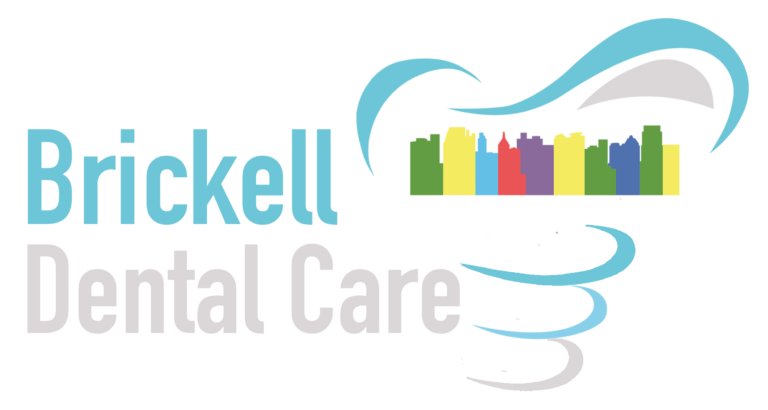Dental implants are artificial teeth that are placed on metal root implants embedded in the jaw. This procedure can restore teeth that have been lost due to trauma, decay, or other conditions. To keep your dentures in good condition, you should follow dental implant care recommendations, including proper oral hygiene, use of specialized oral hygiene products, regular visits to the dentist, limiting the consumption of hard and sticky foods, limiting the consumption of sweet foods, avoiding alcohol and tobacco, and eating a healthy diet. These measures will help reduce the risk of tooth decay, gum disease, and other problems with dentures.
Proper implant care
Recommendations for implants care include the following measures:
- Proper oral hygiene: brushing your teeth and dentures after every meal helps prevent tooth decay and gum disease.
- Use of specialized oral hygiene products: your dentist may recommend certain products such as toothbrushes, toothpaste, floss and mouthwash to help keep your dentures healthy.
- Regular visits to the dentist: it is important to have regular check-ups so that the dentist can monitor the condition of your dentures and teeth and detect any problems in time.
- Limiting hard and sticky foods: avoid eating foods that can damage your dentures or teeth.
- Limit consumption of sweet foods: avoid eating too many sweets, as they can contribute to tooth decay.
- Avoid alcohol and tobacco: alcohol and tobacco can negatively affect your teeth and dentures.
- Good nutrition: eating a healthy diet can help keep your teeth and dentures healthy.
Pregnancy with dental implants
In general, pregnancy is not a contraindication to dental implants, but many dentists advise postponing the procedure until after pregnancy and breastfeeding. This is because during pregnancy, women may experience an increase in gingivitis and gum disease, which can create certain problems with implant placement. In addition, the surgical procedure can cause stress to the body, which in some cases can negatively affect the pregnancy. Therefore, women during pregnancy should discuss this issue with their dentist and doctor before getting dental implants.
Dental implants and smoking
Smoking can negatively affect the healing process after dental implants, as well as their long-term strength and functionality. Nicotine and other chemicals in tobacco smoke can increase the risk of infection and other complications after implant placement. In addition, the restricted blood supply caused by smoking can slow or impede the bone healing process after implants are placed, which can make the outcome of the surgery more difficult.
Therefore, if dental implants are planned, in order to take care of dental implants, it is recommended to avoid smoking at least a few weeks before and after the implant procedure to increase the chances of successful and rapid tissue healing. It is also advisable to reduce or eliminate smoking in the future to maintain the long-term durability and functionality of the implants.
Dental implants and alcohol
Alcohol consumption after implants can negatively affect the healing process and increase the risk of complications. Alcohol can slow the healing process and reduce the effectiveness of medications taken after implantation. In addition, alcohol can increase the risk of infection, which can lead to implant rejection or other serious complications. Therefore, alcohol consumption should be avoided to ensure fast and successful healing after implant placement.
In addition, your dentist may recommend abstaining from alcohol for a few days or weeks before your implant procedure to reduce the risk of bleeding during surgery and allow for faster and more effective healing. It is important to discuss this with your dentist and follow his or her recommendations for post-implant care.
How to care for teeth and implants
After dental implants are placed, it is important to take good care of them to minimize the risk of infection and keep them in good condition for years to come.
When should I see a doctor?
If you have dental implants, you should visit your dentist regularly for preventive checkups and to clean plaque and calculus from your mouth. In addition, if you have any implant-related symptoms such as pain, bleeding, swelling, or excessive discomfort, you should see your dentist immediately. If you notice that one of your implants has become loose or broken, you should also contact your dentist immediately for assistance and replacement if necessary.
The dentists at Brickell Dental Care will explain the specifics of dental implants and offer advice regarding preparation for treatment. To schedule a consultation appointment at our clinic, call (407) 989 99 99 or fill out our online contact form.
